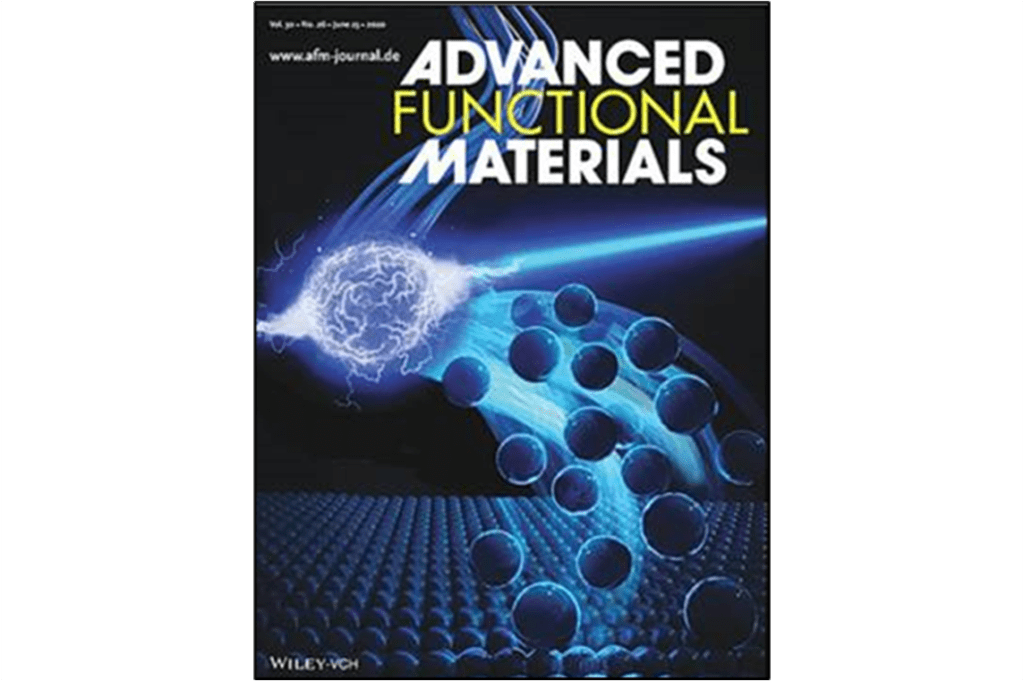

By making simulations for a large number of materials, we will build data bases of materials properties which would be available for experimentalists and engineers. Instead of using the theory to explain known experimental facts, we will use it to make qualitative predictions. We will use supercomputers to predict their physical properties. New simulation tools will be used to discover advanced materials with strategic potential. We will develop methods that more reliably take into account the effect of high temperature and complex interaction between electrons when calculating the material properties. We will conduct theoretical investigations of the fundamental properties of materials at extreme conditions based on quantum mechanical calculations, as well as employing novel approaches, including machine learning and artificial intelegence. The overall goal of the research proposed in this project is to develop theoretical methods that allow us to understand and quantitatively predict the properties of materials at extreme conditions, and to use them to generate knowledge and to guide discoveries of new materials in real physical experiments carried out in collaborations with other AFM researchers as well as with leading international groups in the field. It should transform to the soft graphite at ambient pressures but we all know that diamonds do not disappear). We will use extreme conditions, ultra-high pressure and temperature, to influence the potential energy landscape and to greatly enhance the likelihood to synthesize not only thermodynamically stable, but also so-called metastable materials (perhaps the most well-known example of such a metastable material is diamond, the very hard crystalline phase of pure carbon which is stable under high pressures. In this project, we will explore a novel and highly promising path for accelerated materials discovery. However, discovering new materials is a time-consuming process. New and improved materials are strategically important for modern technologies, not least for better resource management, reduced energy consumption and a better quality of life and a cleaner environment. Knowledge-based design of new materials is a prerequisite for sustainable development of the society. Materials discoveries at extreme conditions: a path towards new advanced materials I. Wednesday the 14 th of June in E326, Physics Building, Campus Valla and on ZOOM starting at 15:15 CET (please note daylight saving time) Thursday the 27 th of April in E326, Physics Building, Campus Valla and on ZOOM starting at 15:15 CET (please note daylight saving time) Tuesday the 28 th of February in E326, Physics Building, Campus Valla and on ZOOM starting at 15:15 CET Upcoming AFM bimonthly meetings Spring 2023

We envision that science focused on the atomic/molecular-scale design of new materials will provide solutions to broadly-based societal issues, including jobs, health, energy, environment, and sustainability.ĪFM encompasses 240 researchers organized into interactive collaborating teams. It is extremely productive as judged by both academic and societal metrics. Materials science is a top research priority at Linköping University, with grants totaling >190 MSEK/yr, and strongly supported by industry and institutes. Our work in highly competitive Centers of Excellence has been evaluated as excellent to outstanding by the VR, SSF, and VINNOVA. We have established an International Interdisciplinary Laboratory for Advanced Functional Materials (AFM), which contributes at the highest level to the creation of knowledge.


 0 kommentar(er)
0 kommentar(er)
